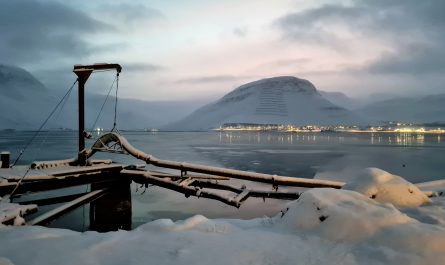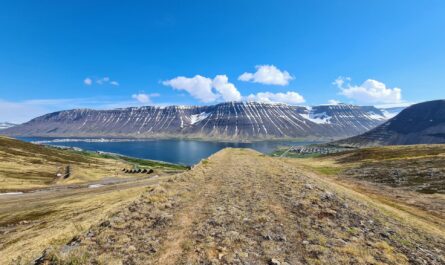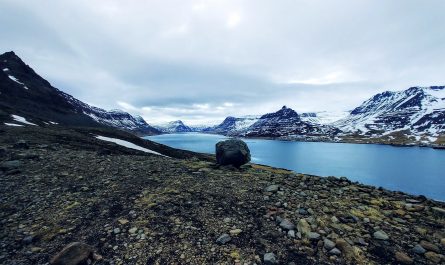Those who visit the Westfjords can not avoid seeing traces of fish farming in the fjords. Aquaculture has also been one of the hottest topics in Icelandic society for several years.
Conservationists who want to protect salmon stocks in the country’s rivers are strongly opposed to this activity and believe it can spoil natural salmon stocks. The other side is that aquaculture is starting to create many jobs around the country and important foreign exchange earnings for Iceland.
In the Westfjords, there has been a decrease in population in recent decades. With the advent of aquaculture, this trend has been reversed. The Westfjords are experiencing economic growth and the reason is primarily aquaculture.
In the Westfjords there are very few salmon fishing rivers and for example in Ísafjarðardjúp bay there are two rivers where there is some fishing. Salmon caught in these rivers account for several hundred fish and income from the sale of salmon fishing licenses has insignificant and almost no effect on the economy of the Westfjords.
The big question in this is whether small salmon stocks in two rivers should outweigh the development of human life in the Westfjords. Salmon farming has been allowed in Ísafjarðadjúp to a much lesser extent than the fjord can bear and the reason is these small salmon fishing rivers.
It is very important to protect salmon stocks in the country’s rivers. The areas where salmon can possibly be farmed have been defined. Various mitigation measures make it possible to reduce the possibility of farmed salmon mixing with natural salmon stocks. Aquaculture and the protection of salmon stocks in Iceland should therefore be able to go well together for the benefit of human life and nature. It must look at both aspects.
When I see aquaculture in the fjords, I see a modern currency-creating industry that is very important and as you can see in the picture, there is little visual pollution as seen from shore.


